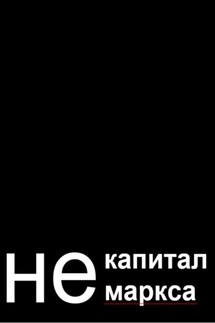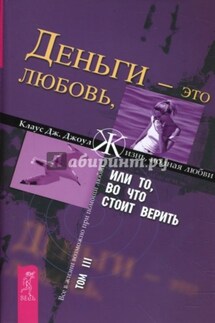The General Theory of Capital: Self-Reproduction of Humans Through Increasing Meanings - страница 48
“…The real basis of an individual’s personality lies not in the genetic programs inherent in him, not in the depths of his natural makings and inclinations, and not even in the skills, knowledge and abilities he has acquired, including professional ones, but in the system of activities implemented through his knowledge and skills” (Leontiev 1983, vol. 2, p. 202).
We could probably say that personality is active knowledge. “Knowledge is action, because the correction of knowledge entails the renovation of ourselves” (Frisina 2002, p. 76). From this point of view, the increase of the subject—both of a culture-society and of a personality—consists in the increasing complexity of knowledge, its division, addition and multiplication. When Hayek introduced the concept of the “division of knowledge,” he wanted to go beyond the “division of labor” as a collection of existing activities. The division of knowledge, according to Hayek, is the set of all possible activities in a given state of the culture-society, that is, a set of counterfacts:
“Knowledge in this sense is more than what is usually described as skill, and the division of knowledge of which we here speak more than is meant by the division of labor. To put it shortly, ‘skill’ refers only to the knowledge of which a person makes use in his trade, while the further knowledge about which we must know something in order to be able to say anything about the processes in society is the knowledge of alternative possibilities of action of which he makes no direct use. It may be added that knowledge, in the sense in which the term is here used, is identical with foresight only in the sense in which all knowledge is capacity to predict” (Hayek 1988-2022, vol. 15, p. 73).
However, the set of possible activities is not determined only by knowledge. Personality is not reduced to cognitive functions or technologies. The principle of least action is not about minimizing technology, but about minimizing effort in general. The least technological action can result in social and psychological losses and costs that more than outweigh any saving in material effort—this applies, for example, to morality, reputation and criminal law (cf. Polanyi 2001, p. 49). Many actions are not based on knowledge, but on unfounded and false ideas, on creative impulses, prejudices and affects. “Our moral/aesthetic frameworks are complicated constructions that combine broad cultural inheritances with dense mixtures of abstract reasoning and the immediacies of concrete experience” (Frisina 2002, p. 14). Moral/aesthetic frameworks influence consciousness and personality no less than cognitive ones.
The activities of an individual form an active power within him, namely his personality and identity. If personality sets individuals apart, then identity embeds them in a society by specifying how they should behave depending on their position within the social context (cf. Akerlof and Cranton 2010, p. 10). George Akerlof and Rachel Cranton identify three parts of identity: 1) social categories, 2) norms and ideals, 3) gains and losses (identity utility). People choose their identity in both the long and short term; this choice is not necessarily conscious. Social categories are social roles and groups with which individuals identify; norms and ideals define right and wrong; gains and losses are the ability to conform to norms and ideals (a particular social role/position) and the resulting benefits or harms to the individual (Akerlof and Cranton 2011, pp. 17-9).







